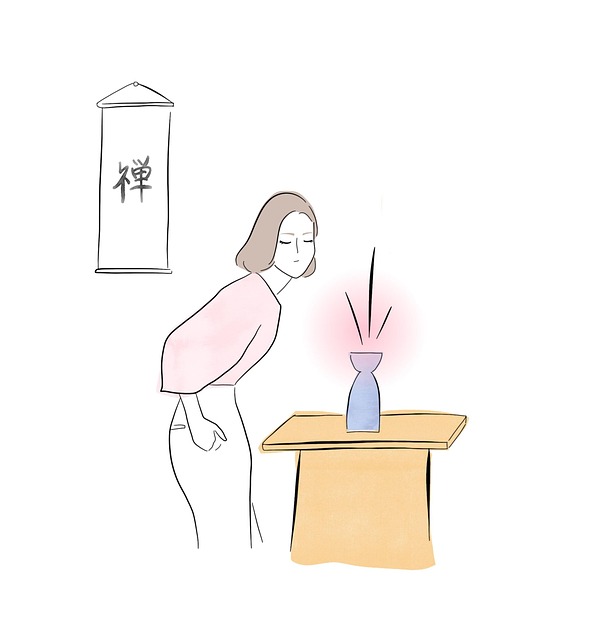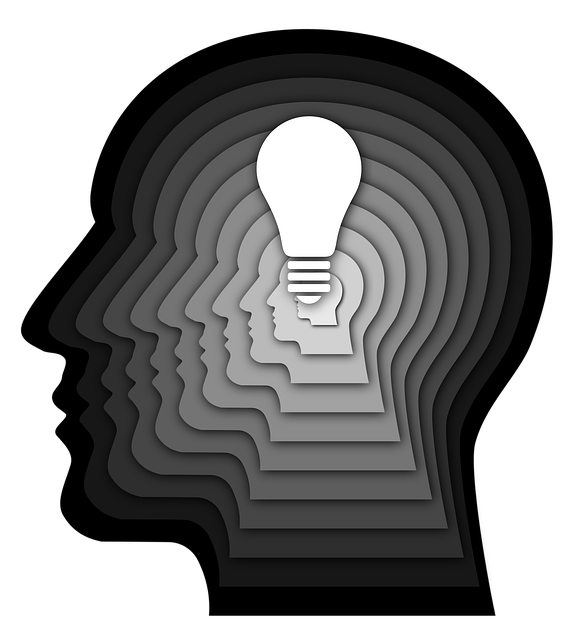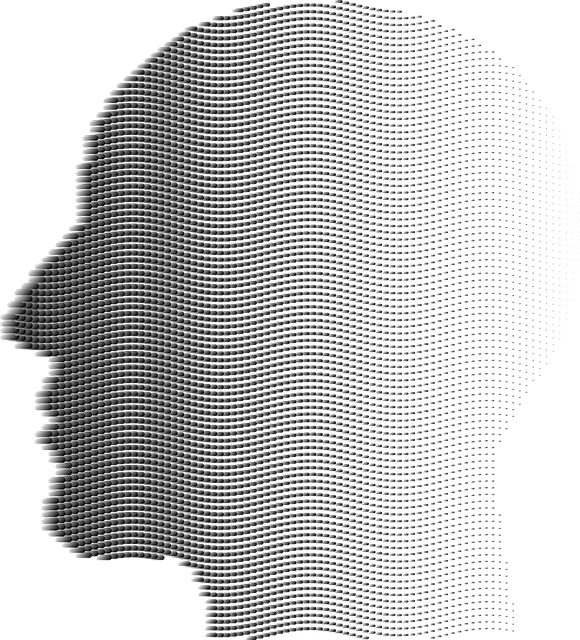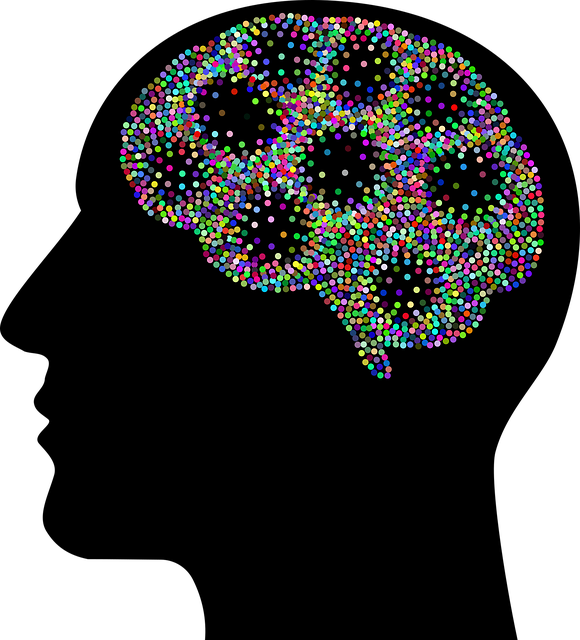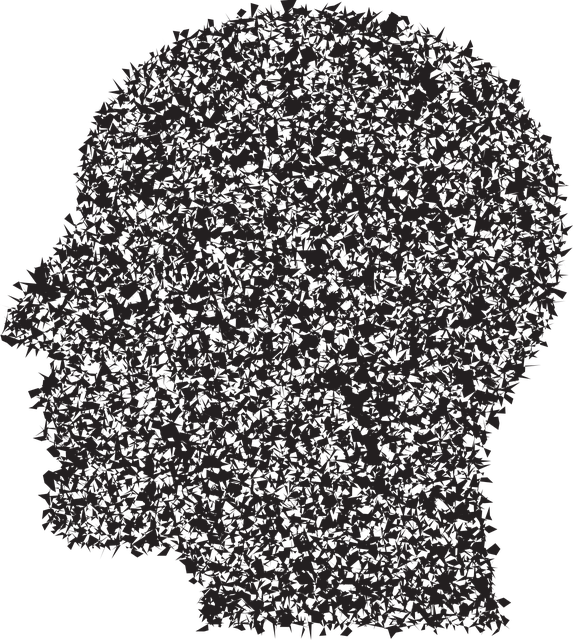Cultural competency training is essential for healthcare providers treating adolescent teens with chronic pain, addressing unique cultural challenges and improving patient outcomes. By integrating sensitivity to diverse beliefs and practices, these programs empower teens through effective communication and mood management techniques. This approach fosters engagement in self-care practices, leading to better adherence, reduced symptoms, and improved patient satisfaction. Tailored training focusing on mental health awareness and stigma reduction strengthens the therapeutic bond, providing a welcoming environment for adolescents to actively participate in their pain management journey.
Healthcare provider cultural competency training is a vital component in addressing the unique needs of adolescent teens suffering from chronic pain. In a diverse society, understanding cultural nuances can significantly impact treatment outcomes. This article explores the concept of cultural competency in healthcare, focusing on its effects on adolescents with chronic pain. We delve into the benefits of culturally responsive care and provide insights on designing effective training programs to enhance patient-provider relationships, ultimately improving therapy outcomes for this vulnerable population.
- Understanding Cultural Competency in Healthcare for Teen Chronic Pain
- The Impact of Culturally Responsive Care on Adolescent Treatment Outcomes
- Designing and Implementing Effective Training Programs for Healthcare Providers
Understanding Cultural Competency in Healthcare for Teen Chronic Pain

Cultural competency in healthcare is an essential aspect when addressing the unique challenges faced by adolescent teens experiencing chronic pain. Understanding and respecting diverse cultural beliefs and practices can significantly enhance patient outcomes and overall care quality. Teenagers from various ethnic and socioeconomic backgrounds may have distinct perspectives on health, illness, and pain management, which can influence their willingness to seek treatment and adhere to prescribed therapies.
In the context of therapy for adolescent teens with chronic pain, cultural competency training equips healthcare providers with valuable tools. This includes learning effective communication strategies tailored to different cultural contexts, such as incorporating family or community involvement in decision-making processes. Additionally, training may cover crisis intervention guidance, particularly when dealing with adolescents who have experienced trauma or face social barriers. By integrating mind over matter principles and teaching mood management techniques sensitive to cultural nuances, healthcare providers can empower teens to take an active role in their pain management journey.
The Impact of Culturally Responsive Care on Adolescent Treatment Outcomes

Culturally responsive care has a profound impact on the treatment outcomes of adolescent teens suffering from chronic pain. By integrating understanding and respect for diverse cultural backgrounds, healthcare providers can create environments that are more welcoming and effective in engaging young patients. This approach ensures that therapeutic interventions, such as self-care practices and trauma support services, resonate with the unique needs and experiences of each individual, fostering better adherence to treatment plans.
For instance, recognizing and accommodating cultural variations in communication styles, belief systems, and attitudes towards health and illness can significantly enhance the quality of care. Incorporating culturally sensitive self-care routine development for better mental health into treatment regimens has been shown to improve patient satisfaction, reduce symptoms, and promote more positive health outcomes in adolescents with chronic pain. This tailored approach not only respects patients’ cultural identities but also empowers them to actively participate in their healing process.
Designing and Implementing Effective Training Programs for Healthcare Providers

Effective training programs for healthcare providers are instrumental in addressing diverse patient populations and their unique needs, especially when dealing with sensitive issues like therapy for adolescent teens chronic pain. These programs should be meticulously designed to foster cultural competency, ensuring providers can offer empathetic and effective care regardless of cultural, ethnic, or socioeconomic backgrounds. Incorporating interactive workshops, case studies, and role-playing scenarios can create a dynamic learning environment that encourages active participation and reflection.
The curriculum must go beyond basic cultural facts and include discussions on Mental Illness Stigma Reduction Efforts and Mental Health Awareness. By delving into these areas, training programs empower healthcare providers to navigate conversations around emotional regulation with sensitivity and understanding. This approach not only improves patient outcomes but also strengthens the therapeutic alliance, making it a cornerstone of comprehensive care for adolescent teens experiencing chronic pain.
Cultural competency training is a game-changer in healthcare, especially when addressing chronic pain among adolescent teens. By implementing responsive care practices, as outlined in this article, we can significantly improve treatment outcomes and overall patient experiences. Effective training programs empower healthcare providers to navigate the complex landscape of diverse cultural backgrounds, ensuring every teen receives personalized, compassionate therapy. This approach not only enhances medical accuracy but also fosters a sense of trust, leading to better adherence to care plans. In today’s diverse healthcare setting, culturally competent practices are essential for delivering quality and equitable care to all adolescents seeking treatment for chronic pain.

